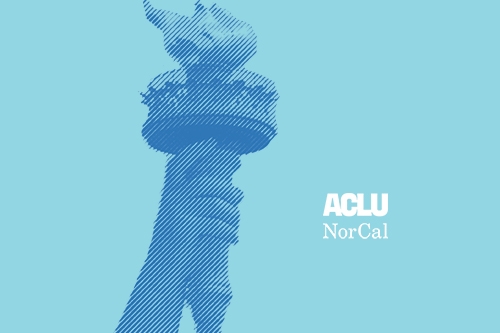Article Media

Fairfield – The ACLU of Northern California has filed a friend of the court brief with the Solano County Superior Court urging it to limit the overly broad scope of a proposed gang injunction in the City of Fairfield. The ACLU of Northern California is concerned with several aspects of the injunction, including the ability of the police to serve the injunction on an individual without presenting clear and convincing evidence of gang membership and without court approval. A Court hearing today on the proposed injunction was rescheduled for Friday, July 24.
"This injunction would impose permanent probation-like restrictions on many people who never had their day in court to challenge accusations of gang membership, and without providing a clear way out," said Andre Segura, an attorney with the ACLU of Northern California. "Under the injunction, Fairfield police could serve as many as 250 individuals, without having to present any proof to a judge. It would give the police complete discretion to impose these onerous restrictions without oversight, increasing the potential for misuse by targeting and harassing young Latinos."
The proposed injunction encompasses a four square mile area, which covers all of central Fairfield, including the homes of many of those served with the injunction and government offices which provide social services. Twenty-eight individuals are named in the proposed injunction, but it currently allows for police to serve anyone they believe to be affiliated with the Norteño gang. Two hard-working Fairfield residents are seeking to have their names removed from the injunction after the City mistakenly identified them as gang members.
The terms of the Fairfield gang injunction also infringe on one's ability to conduct their daily lives, causing them to risk arrest for participating in family events, working at public establishments, and engaging in other positive and lawful activities.
Once a gang injunction is granted it usually lasts indefinitely and imposes ongoing restrictions against those served with the order. These injunctions effectively function like parole or probation, but with no conviction of any criminal offense and with no definite termination date. The ACLU of Northern California negotiated an agreement with the City of San Francisco to enact an effective opt-out procedure that provides a way out from a gang injunction for individuals who demonstrate they are no longer gang members.
The ACLU of Northern California has historically opposed civil gang injunctions because of their unfair impact on civil liberties, potential for racial profiling, and due process concerns. A number of studies, including a July 2007 report from the Justice Policy Institute, have concluded that injunctions do not work, and that alternative public safety strategies are needed.
Background on Gang Injunctions
A gang injunction is a court order that prohibits alleged gang members from doing certain things—usually including being in public with other alleged gang members and being in public after 10:00 pm within a defined area or neighborhood. Injunctions against alleged criminal street gangs started in California in the 1980s as an attempt to curtail the harmful activities of gangs in the specific areas. Since then, the individuals who have been targeted by injunctions are invariably black and Latino, in low-income neighborhoods, raising serious concerns that injunctions are another form of racial profiling. A City obtains a gang injunction by filing a complaint in court against an alleged criminal street gang as a group or alleged suspected gang members as individuals.
If the City convinces the court of the need for a gang injunction, the court will issue an order that places restrictions on the gang, its members and associates. Some of these individuals may be named in the order, but it will usually also cover unnamed alleged gang members. Typically, the prosecutor will first seek a preliminary injunction that prohibits activity until the court makes a final ruling on a permanent injunction.
Legal document:
Amicus Brief (July 14, 2009)
